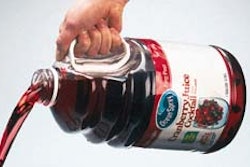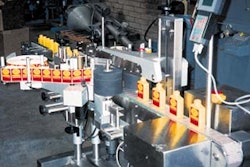Consumer and environmental groups are pushing FDA to require foods containing genetically engineered ingredients to carry labels identifying that fact. These organizations argue that foods made with ingredients with scientifically altered genes sold in grocery stores should have a more forthright label because they lie in a “chasm of uncertainty.”
None of the 40 genetically engineered plants FDA has approved since 1994 have created a single food safety problem. On the other hand, none have actually been proven “safe” via extensive testing, argues the Consumers Union.
“Thus far, the public debate concerning biotechnology in agriculture has been unfortunately contentious, long on opinion and conjecture, and short on fact and logic,” says Sen. Richard Lugar (R-IN), chairman of the Senate Agriculture Committee.
Mark Silbergeld, co-director of the Washington office of the Consumers Union of the U.S., Inc., admits that there is no evidence that any biotech food is unsafe. “At the same time, neither can it be said that they have been proven ‘safe,’” he adds. It convinced Rep. Dennis Kucinich (D-OH), who also admits there is no evidence that biotech foods present any problems, to introduce a mandatory labeling bill.
FDA has been considering such a requirement on its own. The agency held hearings in Washington, DC, Chicago and Oakland, CA, in November and December to get public input.
The anti-biotech forces descended on those meetings. Media carried prominent reports of the protests, perhaps raising the issue to a public prominence it did not have before.
Under its 1992 policy, FDA requires food products made with any of the 40 biotech plants to carry a special label if the inserted gene might cause an unsuspecting consumer to have an allergic reaction, or if the composition of the food is changed significantly. For example, when one manufacturer modified canola to produce increased levels of lauric and myristic acids in the seed oil, FDA agreed that the common or usual name for this oil would be “laurate canola oil.”
Rhona Applebaum, executive vice president for scientific and regulatory affairs at the National Food Processors Assn., says the NFPA supports voluntary labeling of food with claims such as “biotech-free” or “contains biotech ingredients.” But the NFPA does not think that FDA’s current labeling policy needs to be changed. “We believe the policy is science-based and is designed to mandate any information on the food label that is material or is of consequence to the consumer with respect to safety and health,” she explains.
See the main story that goes with this sidebar: FDA fires starter's gun on 'fast track'
























